Call Us : 08045816053
Micronised Barium Sulphate
Price 35 INR/ Kilograms
MOQ : 25 Kilograms
Micronised Barium Sulphate Specification
- Form
- Powder
- Poisonous
- Yes
- Storage
- Room Temperature
- Solubility
- Insoluble in water
- Classification
- Inorganic Chemicals
- Grade
- Industrial Grade
- Application
- Pharmaceutical, Printing Industry, Paints, Plastic
Micronised Barium Sulphate Trade Information
- Minimum Order Quantity
- 25 Kilograms
- Payment Terms
- Cash in Advance (CID)
- Delivery Time
- 7 Days
- Sample Available
- Yes
- Sample Policy
- Free samples are available
- Packaging Details
- Plastic Bags / Paper Bags
- Main Export Market(s)
- Australia, Eastern Europe, Western Europe, Africa, Central America, Middle East, South America, Asia, North America
- Main Domestic Market
- All India
- Certifications
- ISO 9001:2008
About Micronised Barium Sulphate
Backed by a huge vendor base, we have been a prominent supplier of Micronised Barium Sulphate for our highly respected clients. They are chemically naturally occurring barium sulphate with nodular particle structure. We offer these in super snow white (SSW) and off colour and it is in the form of a fine flow powder. This chemical compound have low oil absorption and are insoluble in water. We test them on various parameters to make sure that it stands free from any kind of defects.
Micronised Barium Sulphate Applications:
1. Pharmaceuticals: Micronised barium sulfate is often used as a contrast agent in medical imaging procedures, such as X-rays and CT scans. It helps highlight specific areas of the body, allowing for clearer visualization of organs, blood vessels, and gastrointestinal tract.
2. Paints and Coatings: Barium sulfate is extensively used in the production of high-quality paints and coatings. It acts as a filler and extender, enhancing the properties of the final product. Micronised barium sulfate improves the opacity, brightness, and durability of the coatings while providing excellent resistance to weathering and chemicals.
3. Plastics and Rubber: In the plastics industry, micronised barium sulfate is used as a reinforcing agent and filler in products like polypropylene, PVC, and thermosetting resins. It improves the stiffness, impact resistance, and heat stability of the plastic materials. It is also used in rubber products to enhance their strength and resistance to abrasion.
4. Paper and Printing: Micronised barium sulfate finds application in the production of high-quality papers, especially for inkjet printing. It enhances the papers whiteness, smoothness, and opacity, resulting in improved print quality, sharpness, and color reproduction.
5. Ceramics and Glass: Barium sulfate is utilized in the ceramics and glass industry for its refractive properties. It is used as a component in glazes, enamels, and frits to provide a smooth, glossy finish and increase the refractive index of the materials.
6. Adhesives and Sealants: Micronised barium sulfate is employed in adhesive and sealant formulations to improve their viscosity, thixotropic behavior, and sag resistance. It helps prevent settling of solid particles, enhances the stability, and ensures proper adhesion.
7. Batteries: Barium sulfate is utilized in the manufacturing of certain types of batteries, such as lead-acid batteries. It acts as a filler material in the battery paste, increasing the density and conductivity of the paste, which improves the batterys overall performance.
8. Construction Materials: In the construction industry, micronised barium sulfate is used in various applications. It is added to concrete and cement-based products to enhance their strength, durability, and resistance to chemical attack. It is also used as a component in soundproofing materials and radiation shielding products.
Micronised Barium Sulphate Properties:
1. Ph : 6.5 - 7.5
2. Appearance : extra super snow white colour
3. CAS Number : 7727-43-7
4. Form : Powder
5. Molecular formula : BaSO4
6. Oil absorption : low oil absorption
7. Purity : 93 - 97 %
FAQs of Micronised Barium Sulphate:
Q: What is Micronised Barium Sulphate used for?
A: Micronised Barium Sulphate is used in various industries, such as pharmaceutical, printing, paints, and plastic industries.Q: What is the classification of Micronised Barium Sulphate?
A: Micronised Barium Sulphate is classified as an inorganic chemical.Q: What is the form of Micronised Barium Sulphate?
A: Micronised Barium Sulphate comes in a powder form.Q: What is the solubility of Micronised Barium Sulphate?
A: Micronised Barium Sulphate is insoluble in water.Q: What is the recommended storage temperature for Micronised Barium Sulphate?
A: Micronised Barium Sulphate should be stored at room temperature.Q: What grade is Micronised Barium Sulphate?
A: Micronised Barium Sulphate is an industrial grade product.Q: What are the applications of Micronised Barium Sulphate in the paint industry?
A: Micronised Barium Sulphate is used as a filler in paint formulations to improve the opacity and brightness of the paint.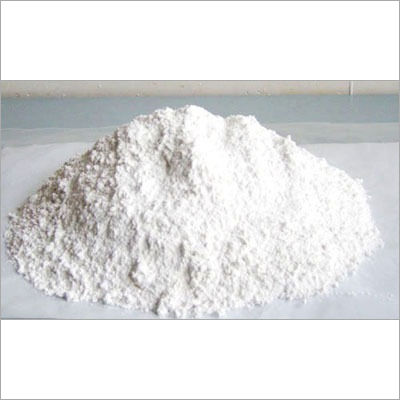
Tell us about your requirement

Price:
Quantity
Select Unit
- 50
- 100
- 200
- 250
- 500
- 1000+
Additional detail
Mobile number
Email
More Products in Barium Sulphate Category
Barium Sulfate Powder
Price 40 INR / Kilograms
Minimum Order Quantity : 25 Kilograms
Application : Plastic, Pharmaceutical, Paints, Printing Industry
Form : Powder
Storage : Room Temperature
Poisonous : Yes
Blanc Fixe
Price 58 INR / Kilograms
Minimum Order Quantity : 25 Kilograms
Application : Paints
Form : Solid
Storage : Room Temperature
Poisonous : No
Precipitated Barium Sulphate
Price 60 INR / Kilograms
Minimum Order Quantity : 25 Kilograms
Application : Pharmaceutical, Paints
Form : Powder
Storage : Room Temperature
Poisonous : Yes

 Send Inquiry
Send Inquiry
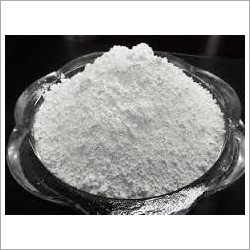
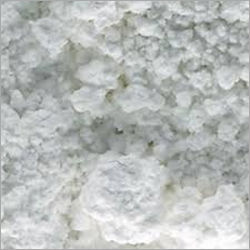
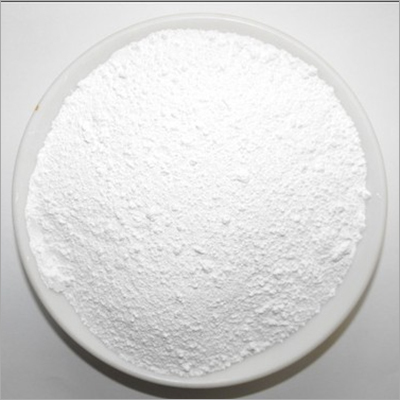
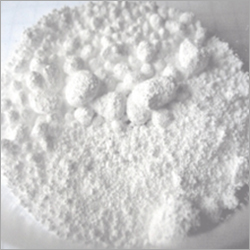
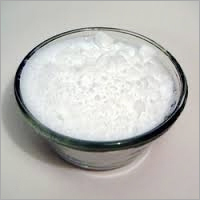

 English
English Spanish
Spanish French
French German
German Italian
Italian Chinese (Simplified)
Chinese (Simplified) Japanese
Japanese Korean
Korean Arabic
Arabic Portuguese
Portuguese